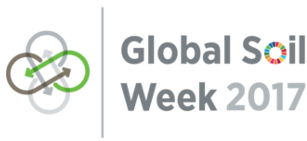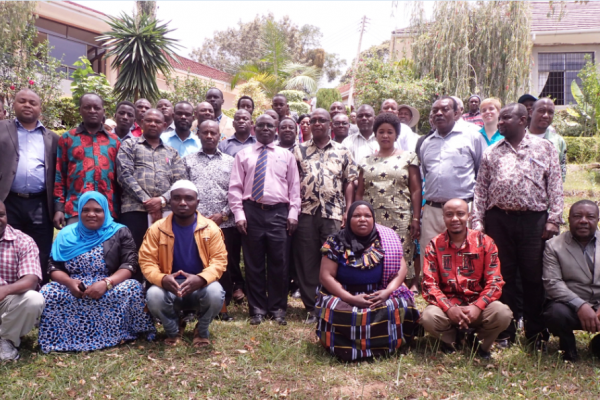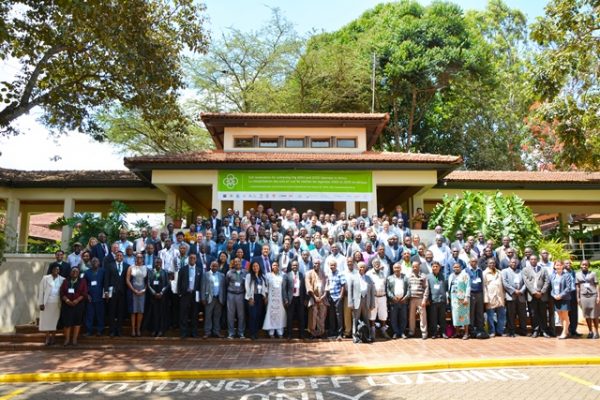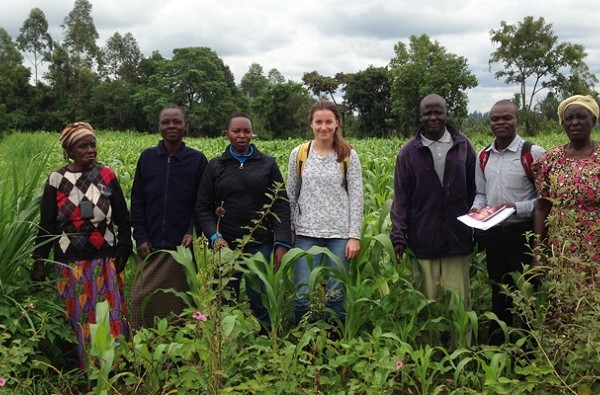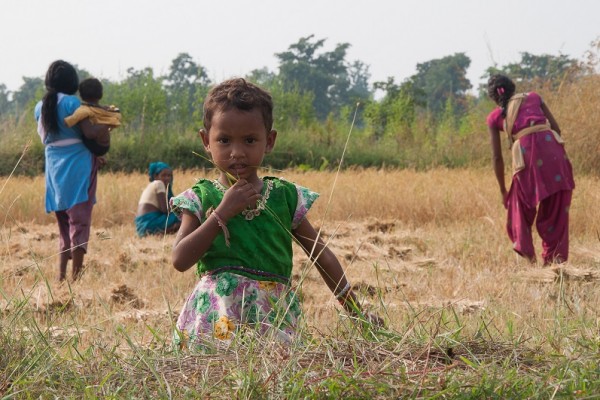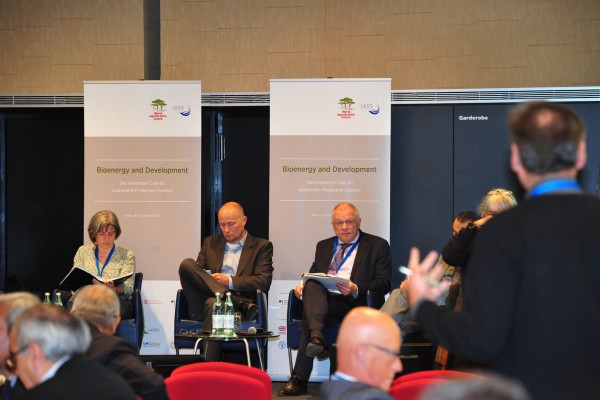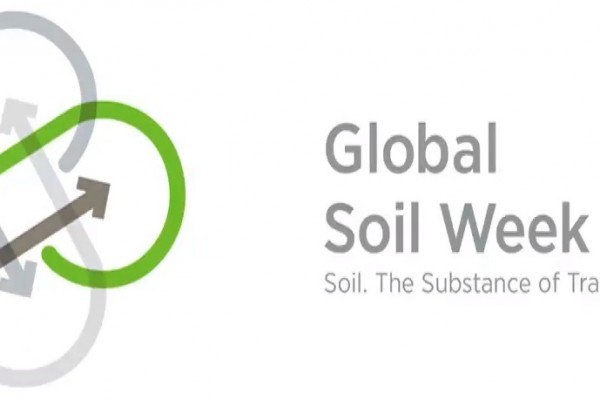Reversing Land and Soil Degradation
From the ‘Bonn challenge’ of 2011 and the Rio+20 outcome document “The future we want” to the 2030 Agenda for Sustainable Development, land degradation is now being recognised as a global concern that needs decisive action. And indeed, the scale of the problem is very much global in nature: 20 to 25 % of all land worldwide is already degraded, and billions tons of soil is lost to erosion every year.
At the same time, the demands placed on the remaining land are already high and increasing: 90 % of the food we produce stems from soils. Food production will have to dramatically increase between now and 2050 to feed a growing world population. And lest we forget, soils are also needed for carbon storage and other ecosystem services to mitigate and adapt to climate change.
Significant progress on land restoration and rehabilitation needed

© Leonardo Aguiar
To achieve global and national targets for degradation neutrality, soil protection and rehabilitation techniques need to be implemented locally by those who manage the land. Where agricultural land is concerned, 72 % of the 460 million farms across the globe are smaller than two hectares in area. Many of these farming households are food insecure and lack labour, capital or other resources to prevent further degradation of their land and preserve their livelihoods.
These constraints to more sustainable land management are often compounded by a lack of responsive rural services that support small-scale farmers in meaningful ways. Hence, in order to implement sustainable land management techniques at local level, appropriate institutional and governance mechanisms will have to be in place at national and subnational levels to ensure the provision of such responsive rural services.
Identify local support needs and possible responses
IASS work in the area of sustainable land management aims to provide the knowledge needed for land rehabilitation at these various levels and to translate global land rehabilitation targets into meaningful local action. In particular, we aim to support local-level search processes for meaningful ways to support farmers in implementing sustainable land management.
We seek to identify local support needs and possible responses to them in consultation with affected stakeholders such as smallholder farmers, local service-providers or local and national governments. We strive for the contextualisation of general and the co-production of localised knowledge in support of sustainable land management.
